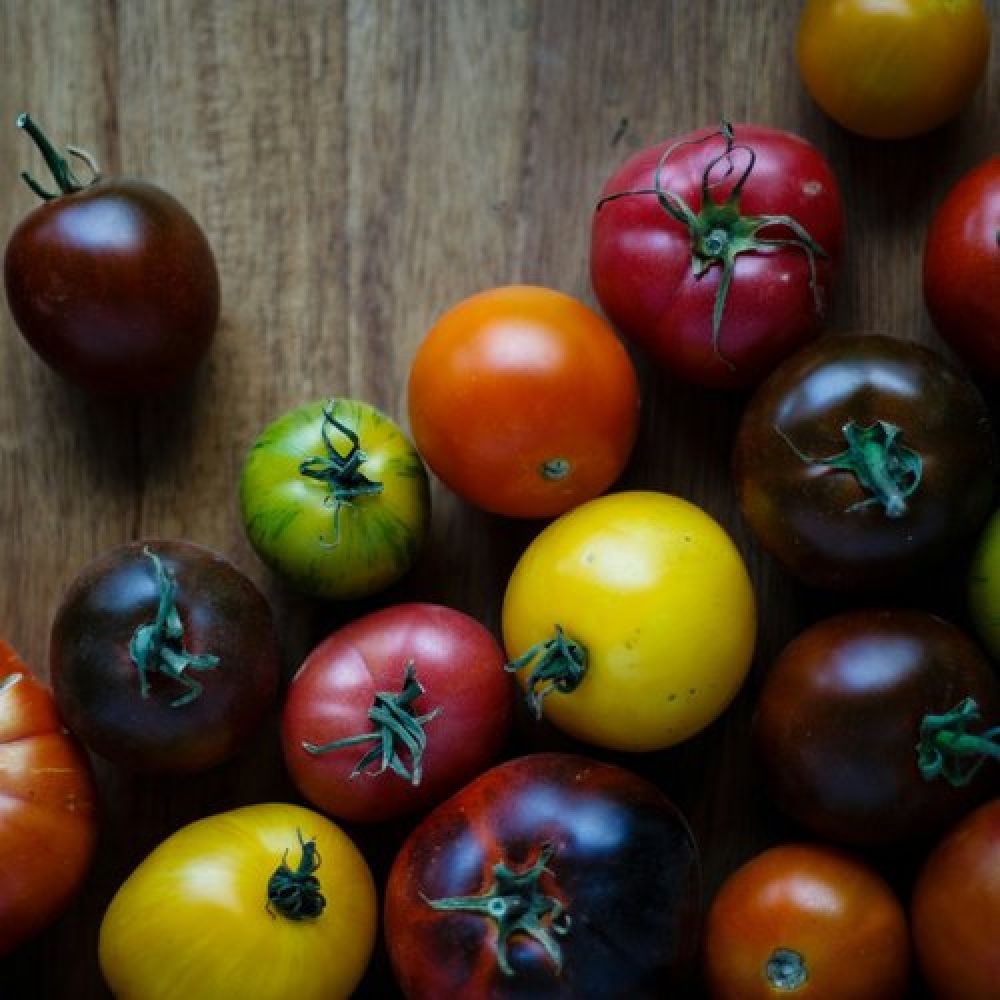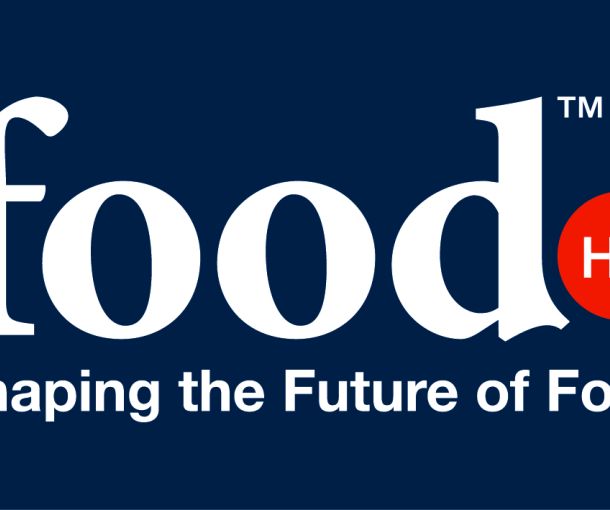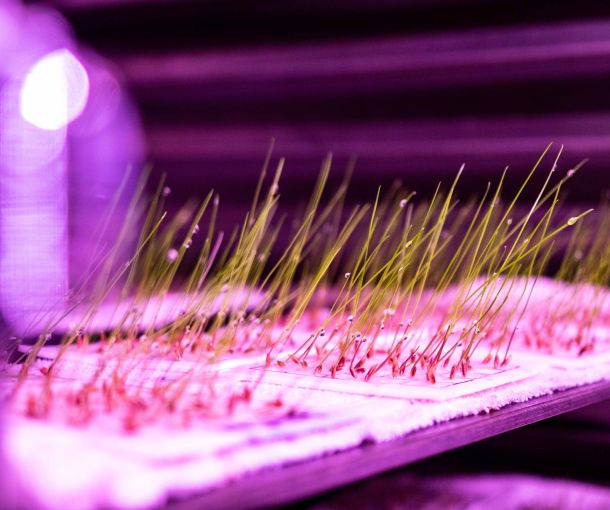FoodHQ – helping to drive the future of food
September 11, 2024

FoodHQ is a public-private partnership representing the leading collaboration of food production scientists in New Zealand. Dr Victoria Hatton, CEO at FoodHQ is passionate about the future of food and is keen to explore what we mean by ‘innovation’ in the context of food, and the role that research, science and technology plays in creating and maintaining a productive, prosperous food system.
Dr Hatton says we need to fundamentally shift the way we produce and consume food, not just in New Zealand, but globally. She says innovation will be the enabler and catalyst of this shift.
“Innovation will be the main mechanism through which we will add much-needed value to our food systems and our food-related exports if we are to meet the goals of our current government and the wider United Nations Sustainable Development Goals,” she says.
Food science and technology is the multidisciplinary study of food ingredients and food products, their development and manufacture; everything up to and beyond the point when the food is eaten. Food science explores modern issues such as how to make the best use of our food resources and minimise waste. Food scientists have a role to play in all aspects of the food chain, from production at farm level to consumption and the nutrition that food provides. If we think about pioneering food scientist Louis Pasteur, he fundamentally changed how we produced and consumed milk back in 1862. His process is still in use today and this development initiated the study of food safety.
New Zealand’s food scientists are a driving force in our food innovation ecosystem, combining expertise in food chemistry and cutting-edge informatics to unlock how food functions and interacts with human physiology and health. Since pasteurisation, food science has provided us with many beneficial innovations: frozen foods, canned foods, microwave meals and enhanced choice or convenience when preparing our food. Modern food science has introduced us to genetically enhanced, or artificially produced, beef and chicken, brain and body enhancing drinks, ice cream made from cauliflower and products that help solve global nutritional deficiencies.
Dr Hatton believes that we can even credit food science with enabling Uber Eats, given that food scientists use their knowledge and know-how to ensure that the production, processing, preservation and distribution of food is efficient and safe.
AgResearch’s Sector Manager of Food & Fibre Partnerships Alex McGrath says, “Food scientists who have practical research skills in food technology and processing will help overcome some of the biggest challenges in our food system, at both the molecular and broader production scale levels.”
Ms McGrath believes that food scientists she works alongside in food-related research and development add significant value to the raw products that New Zealand produces so well, both on land and at sea.
“What is exciting is that when science meets commercialisation, the result is a wealth of opportunities for food product development, driving innovation and ensuring that New Zealand remains at the forefront of global food advancements.”
Plant and Food Research Commercialisation Manager Sarita Males says commercialisation is key. It translates scientific innovations from the lab to the market and is crucial for aligning innovations with consumer preferences and trends. Plant and Food Research is a Crown Research Institute dedicated to delivering world-leading science to improve the way we grow, fish, harvest, prepare and share food.
Ms Males believes that together, science and commercialisation create a comprehensive framework for bringing innovative food solutions to market and meeting the needs of a dynamic global population.
The New Zealand Food Awards, powered by Massey University, are designed to celebrate all players in the food and beverage industry ranging from FMCG, artisan and primary food producers to ingredient supply companies and everything in between. The Awards are also an opportunity to recognise and celebrate food scientists and their role in food product development.

There is a great line-up of finalists for the 2024 Awards. This year’s judges observed four distinct themes amongst the finalists: functional foods, foods to meet specific consumer needs, foods for convivence and foods from different cultures.
Dr Hatton says she is very impressed by the quality of the finalists in the Business Innovation Award category and the Below Zero category, and can’t wait to present these awards at the gala dinner on 10 October. It promises to be a fabulous evening of celebration. To get your tickets click here.
FoodHQ’s partners include AGMARDT, AgResearch, Plant and Food Research, Fonterra, Massey University, The Riddet Institute, Palmerston North City Council and Sprout agritech.


